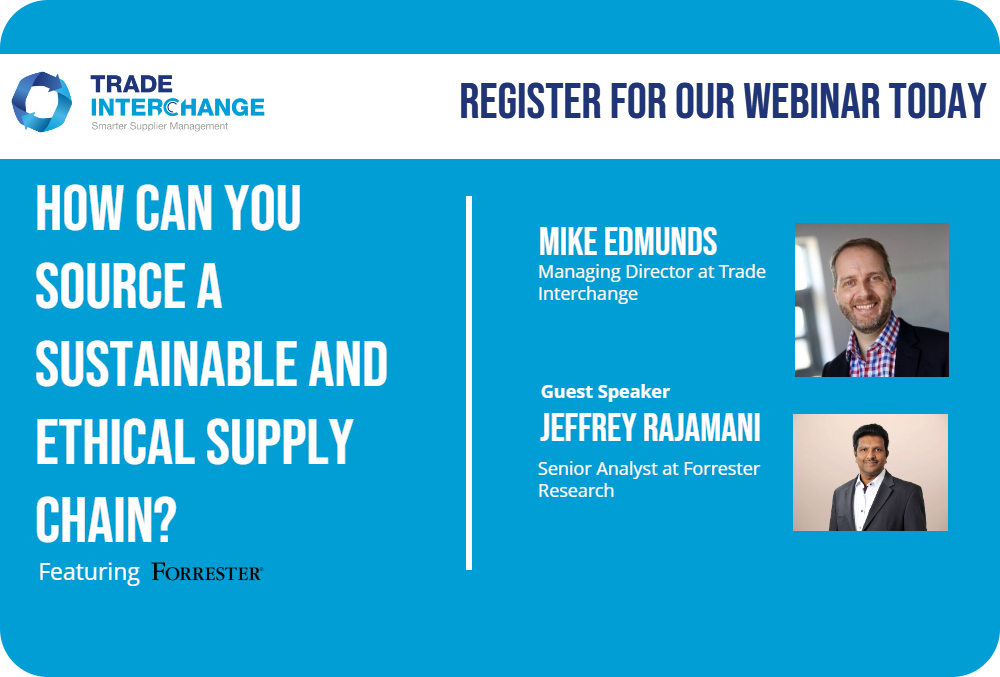It’s thought that a large proportion of emissions are generated by supply chains, which contributes to businesses’ Scope Three emissions, the footprint that is indirectly caused by the activities of the company, including those conducted by their suppliers on their behalf. This is the figure that is generally the largest, and the trickiest to calculate, manage and reduce.
What does it mean to have a sustainable supply chain?
Having a sustainable supply chain means that you are working with suppliers who align with your own Environmental, Social, and Governance goals and values. Their emissions generated on your behalf are at a limited rate, they are compliant with legislation, and operate ethically. From a greenhouse gas emission perspective, a sustainable supply chain means your suppliers are operating carbon-efficiently enough that they are adding to your Scope Three as little as possible. The reality is that suppliers aren’t likely to be this mature yet, but it’s possible to assess whether they are on a trajectory for this.
Through a survey that was conducted on our behalf in 2023, we delved deeper into the Environmental, Social and Governance drivers for procurement professionals throughout a variety of industries, including Foodservice and Hospitality, Food Manufacturing, Manufacturing and Retail. Out of our sample, 93% stated that reducing Greenhouse Gas Emissions was of the highest importance today, demonstrating the need for carbon reduction in the supply chain. Additionally, 93% of our Foodservice and hospitality contacts have set targets for their suppliers, whilst 71% of food manufacturing respondents, 89% of Manufacturing respondents and 84% of Retail respondents have set targets. Organisations across a variety of industries are turning their attention to the supply chain.
Although sourcing a sustainable supply chain isn’t an easy task, there are processes and best practices that can be adopted to comprehensively track and manage ESG in the supply base, assess where your suppliers are at, and whether they are on the correct trajectory. By embedding ESG into every stage of the source-to-contract process, you can comprehensively manage ESG in the supply base. This can be achieved using ARCUS® as a source-to-contract solution.


